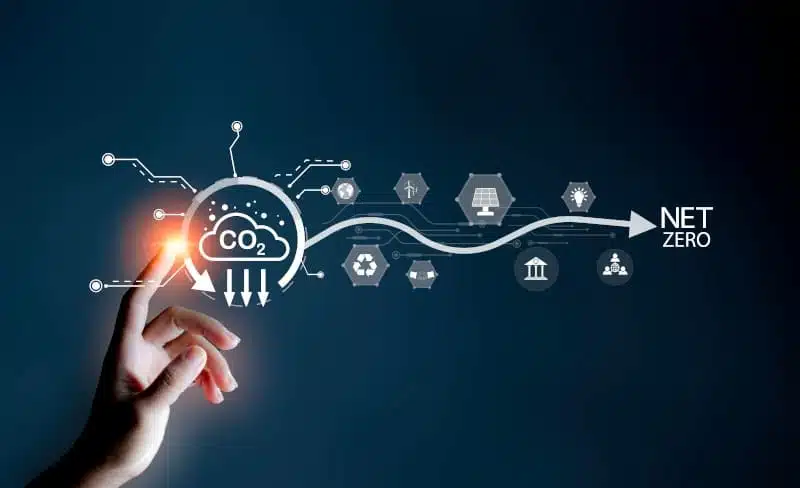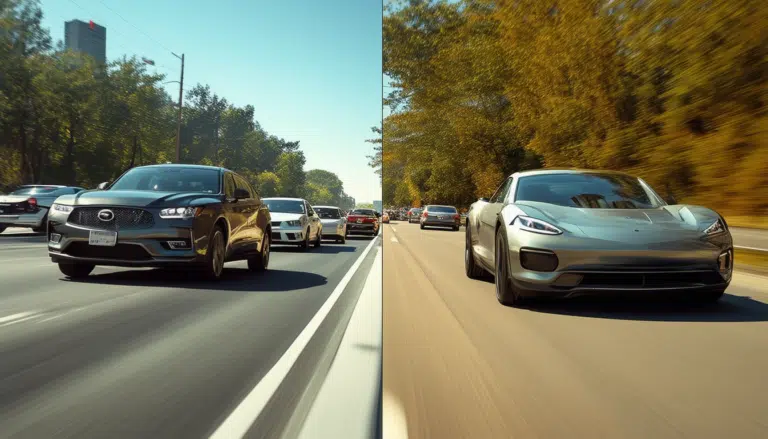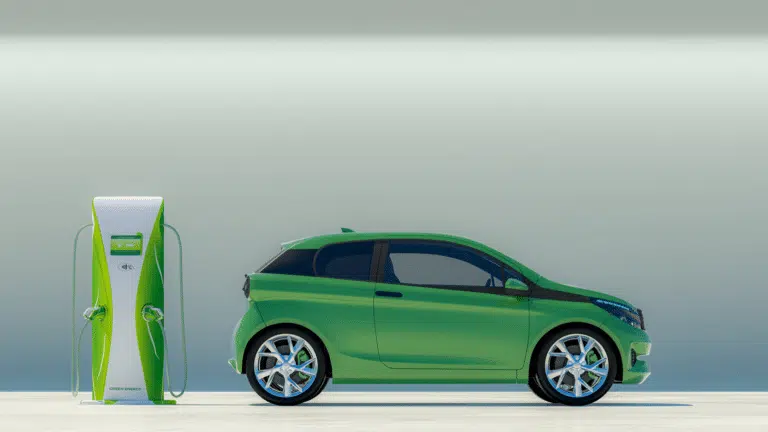The transformative influence of technology on optimizing energy efficiency

Technology has emerged as a key driver in the optimization of energy efficiency, offering innovative solutions that transform the way energy is consumed and managed. In a global context where the challenges of climate change and the need for more sustainable resource use are increasingly pressing, the implementation of advanced technologies becomes imperative. From the integration of artificial intelligence and the Internet of Things to the modernization of infrastructures, each advancement offers significant opportunities to reduce energy consumption and minimize environmental impact, providing us with valuable tools to move towards a cleaner and more efficient future.
Technology plays a crucial role in improving energy efficiency, offering innovative solutions that allow optimization both at home and in industry. This article examines how digital technologies and technical advances can contribute to reducing energy consumption and minimizing environmental impact, driving a transition towards a more sustainable future.
Energy efficiency: a key concept
To understand the relevance of technology in this area, it is first important to define what is meant by energy efficiency. This refers to the reduction of energy consumption and the use of technologies that require less energy to perform the same functions. By adopting strategies that improve efficiency, significant economic and environmental benefits can be obtained.
The role of digital technology in reducing energy consumption
Digital technologies have proven to be powerful tools for decreasing carbon emissions. They are estimated to help reduce global emissions by more than 15% in sectors such as energy, industry, and transportation. The ability of these technologies to transform people’s consumption habits gives them a significant impact on energy efficiency.
Artificial intelligence as an optimization engine
Artificial intelligence is revolutionizing the way energy resources are managed. From real-time data analysis to process automation, AI allows for more efficient energy management, helping to identify inefficiencies and optimize resource use. The application of these technologies in buildings and industrial processes leads to significant reductions in energy consumption.
Internet of Things (IoT) and its role in efficiency
The Internet of Things (IoT) offers a range of solutions that transform the way energy is consumed and managed. Connected equipment and devices provide valuable data that allows for more effective consumption management, as well as the possibility of making real-time adjustments. This approach can lead to a drastic decrease in energy use in various environments.
Innovations in renewable energies
Technological advances in renewable energies have improved their efficiency and reduced costs. Photovoltaic and wind systems are just some of the technologies that have evolved to generate more energy with fewer resources. The implementation of these technologies not only contributes to sustainability but also aligns with the goals of a wholly renewable future.
Challenges and opportunities in the implementation of new technologies
Despite the numerous advantages that technology offers in optimizing energy consumption, there are also challenges. The need for adequate infrastructures, education, and awareness about sustainability are just some of the aspects that require attention. However, each of these challenges also presents opportunities to drive innovations that benefit not only companies but society as a whole.
The circular economy as a complement to energy efficiency
The adoption of a circular economy model complements energy efficiency by promoting the reuse and recycling of materials. Companies that integrate these principles into their business models can significantly reduce their carbon footprint, maximizing the use of resources and minimizing waste. This practice is not only beneficial for the environment but can also result in economic savings.
Transformations in the transportation sector
The modernization of the transportation sector, driven by technological innovations, offers a great opportunity to improve energy efficiency. From electric vehicles that reduce fuel consumption to applications that optimize routes and schedules, these solutions are changing the way we move. This not only positively impacts the reduction of emissions but also promotes more sustainable mobility.
The future of energy management
Looking towards the future, the integration of advanced technologies in energy management will continue to be a key factor in the search for more sustainable alternatives. The combination of efficiency improvements, the use of renewable energies, and a focus on the circular economy will lay the groundwork for a world where energy is used more responsibly and effectively.
The transformative influence of technology in energy efficiency
Technology plays a crucial role in the optimization of energy efficiency, offering innovative solutions that allow for reducing energy consumption across various sectors. As the world faces environmental challenges and the need for more sustainable energy resources, digital tools emerge as allies in this fight. The integration of technologies such as artificial intelligence, the Internet of Things, and the cloud is revolutionizing the way energy consumption is managed, facilitating real-time monitoring and adjustments of the resources used.
The implementation of renewable energies and the efficiency in their management is another highlighted aspect of technological transformation. Through innovations in energy generation and distribution, a more rational and effective use of available resources is achieved. This translates into a significant reduction in greenhouse gas emissions and a tangible advance towards the sustainability goals proposed globally.
However, the transformation is not limited to the adoption of new technologies. It also involves a change in consumption habits and a greater awareness of the importance of responsible energy use. Education and awareness are fundamental for individuals and companies to recognize the benefits of adopting more sustainable practices in their daily activities.
Finally, the future of energy efficiency will depend on the ability of companies and governments to foster a conducive environment that incentivizes innovation and development. Collaboration between different sectors and investment in clean technologies will be key to achieving a lasting impact that benefits both the economy and the environment.


